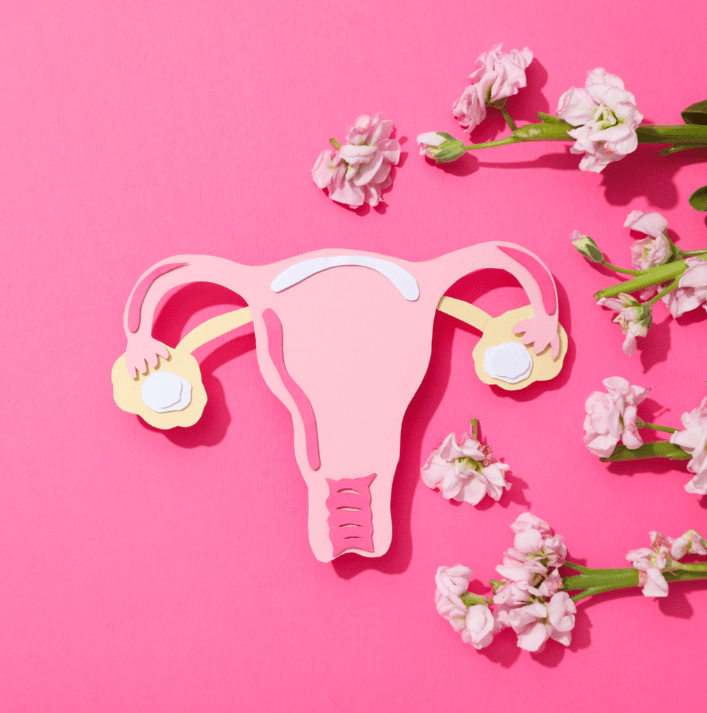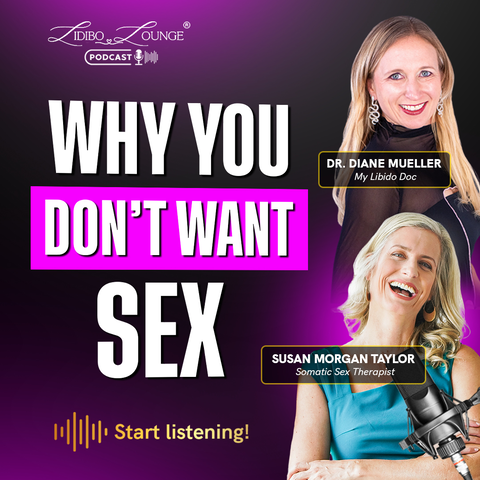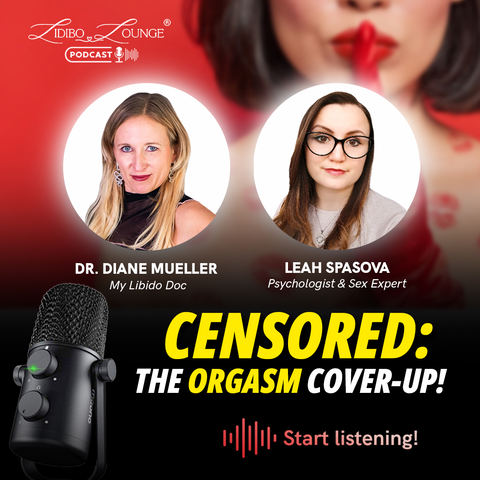Are you wondering why your sex drive took a vacation right after starting a new medication? You’re not imagining things! Low libido due to medication is a real side effect that affects millions. The good news? There are ways to get your groove back, and we’ll dive in to show you how
Key Takeaways
- Medications Impact Libido: Many medications, including antidepressants like SSRIs, blood pressure medications, and hormonal contraceptives, are known to reduce libido by influencing serotonin and hormone levels.
- Medications often interfere with neurotransmitter activity and hormonal balance, contributing to decreased sexual desire and function.
- Consider discussing with your doctor the possibility of switching to medications with fewer sexual side effects or exploring non-medication options.
- Regular exercise, a balanced diet, and stress management can enhance libido and well-being, as can healthy living.
- Open dialogue with your partner and healthcare provider can help address low libido issues, fostering mutual support and understanding.
Table of Contents
Medication and Your Mojo
Are you on medication and just not feeling it in the bedroom anymore? You’re not alone. Low libido is a common side effect of many medications, and it can be really frustrating.
Common Medications Affecting Libido
Medications can significantly impact libido, a reality many discover only after beginning treatment. Understanding which drugs may alter your sexual desire can empower you to seek alternatives and maintain your quality of life.
Antidepressants
Antidepressants, particularly SSRIs like Prozac, Zoloft, and Lexapro, are known to reduce libido. These medications affect neurotransmitters such as serotonin, potentially decreasing sexual interest. Tricyclic antidepressants and monoamine oxidase inhibitors (MAOIs) can also dim your sexual drive, though less commonly. If antidepressants’ side effects are a concern, discussing alternatives like mirtazapine with your doctor might be beneficial.

Blood Pressure Medications
Blood pressure medications, including beta-blockers and diuretics, are also linked to reduced sexual desire. These drugs can interfere with the pathways that help normal sexual response by affecting blood flow to sexual organs. While managing hypertension is important, a healthcare provider might recommend options that don’t interfere with libido as much if you’re experiencing these significant side effects.
Hormonal Contraceptives
Hormonal contraceptives, such as birth control pills, can tank your libido. They can reduce testosterone levels, leading to diminished sexual interest. Women may notice a decline in their desire because these contraceptives also increase estrogen, which doesn’t always align with libido enhancement. Exploring non-hormonal birth control options may alleviate this issue if it’s problematic.
Antipsychotics
Antipsychotics used to manage conditions like schizophrenia and bipolar disorder can decrease libido. Medications like risperidone and olanzapine stand out for this side effect. If sexual side effects arise during treatment, discussing alternative therapies with your medical provider may help maintain – efficacy while reducing the impact on libido.
Anticonvulsants
Anticonvulsants, which control seizures, may also be a culprit in lowering sexual desire. Gabapentin and pregabalin are known to affect libido. Though controlling seizures is a priority, bringing up these side effects in appointments is vital to finding a balance between effective seizure prevention and maintaining sexual health.
Science-y Stuff Behind the Lower Sex Drive On Meds
Sexual desire can dwindle when – it impacts your body’s natural processes. Understanding these mechanisms can shed light on why this happens.
Neurotransmitter Interference
Certain medications, especially those prescribed for depression and anxiety, can alter neurotransmitter activity. SSRIs like fluoxetine (Prozac) and sertraline (Zoloft) increase serotonin levels in your brain. This might sound beneficial, but high serotonin can lead to sexual dysfunction, including decreased libido. When tricyclic antidepressants or MAOIs like imipramine (Tofranil) and phenelzine (Nardil) affect neurotransmitter balance, you might notice a drop in sexual desire and other issues like delayed or hindered orgasm. These medications manipulate chemical pathways, unintentionally dampening the passion that once burned brightly.
Hormonal Imbalance
Medications can also disrupt hormonal equilibrium, influencing libido. Birth control pills, for example, reduce testosterone levels, impacting your sexual interest. Hormones play a delicate dance in sexual arousal, and when these rhythms are interrupted by medications, desire can wane. If you feel an unexpected decline in libido, checking medications and their hormonal effects might provide answers. Understanding how these elements intertwine gives you a clearer picture of why things might not be as they once were.
If You Have Low Libido Due to Meds, It May be Time to Switch
Try to identify the specific medication that is causing your low libido. Once you know the culprit, you can talk to your doctor about switching to a different medication that doesn’t have this side effect.
If switching medications isn’t an option, there are other things you can do to manage your low libido.
Things that help increase boost your libido include looking after your health:
Lifestyle Adjustments
- Exercise strategically: Exercise can help to improve your overall mood and energy levels. Exercising before intercourse is not only a boost for your mental and emotional health but also increases your sex drive. It pumps blood to necessary organs. It increases endorphins and your ‘feel good’ hormones and can lead to higher libido. Working out also improves self-esteem, which in turn can raise libido.
- Healthy diet: A healthy diet can improve your overall health and well-being, which can also boost libido.
- Sleep: Getting enough sleep is essential for overall health and well-being and can improve libido.
- Manage stress: Stress can hurt libido. It distracts us and makes it harder to become aroused. This has been proven in women asked to watch an erotic film. Those with chronic, high levels of stress were more distracted while watching and less able to become aroused.
- Keep stressors out of the bedroom: Mange work, bills, and your to-do list outside the bedroom. This is a crucial step because stress is an absolute libido-and let’s face it, joy-killer.
- Let your mind stay in the present moment. Focus on enjoying your daily experiences more. This can include sexual experiences with your partner or just enjoying your life more and worrying less! The sooner we all learn this, the richer our (sex) lives and our relationships will be.
- To manage stress, try breathing and relaxation techniques, yoga, meditation, and apps like Calm to increase calm in your life, spend time in nature with people you love, and do more activities you enjoy.
Working with Your Partner
It will also help to talk to your partner about your low libido. Be open and honest about what you’re going through. They may be able to offer support and understanding. They may be able to suggest ways to improve your sex life.
You can find ways to be intimate with your partner without having sex. Think cuddling, kissing, or massage. Physical touch is important. Holding hands, gentle touching, or even playing around works to build up arousal slowly. It may not explicitly be sexual foreplay, but it’s the physical connection that counts. Physical touch between partners sparks a surge in oxytocin levels, the ‘love’ hormone, leading to feelings of closeness and bonding.
Final Thoughts
Low libido due to medication is a real thing. But it’s not something you have to just deal with. Whatever happens, don’t give up hope. It’s frustrating, but it’s not a permanent condition. Many women with chronic conditions find ways and workarounds to continue having a happy sex life with their partner. If you keep trying different things, some of which we mentioned above, you will re-discover the magic with your partner. At The Libido Doctor, we are here to help you to get your sex life back on track!











